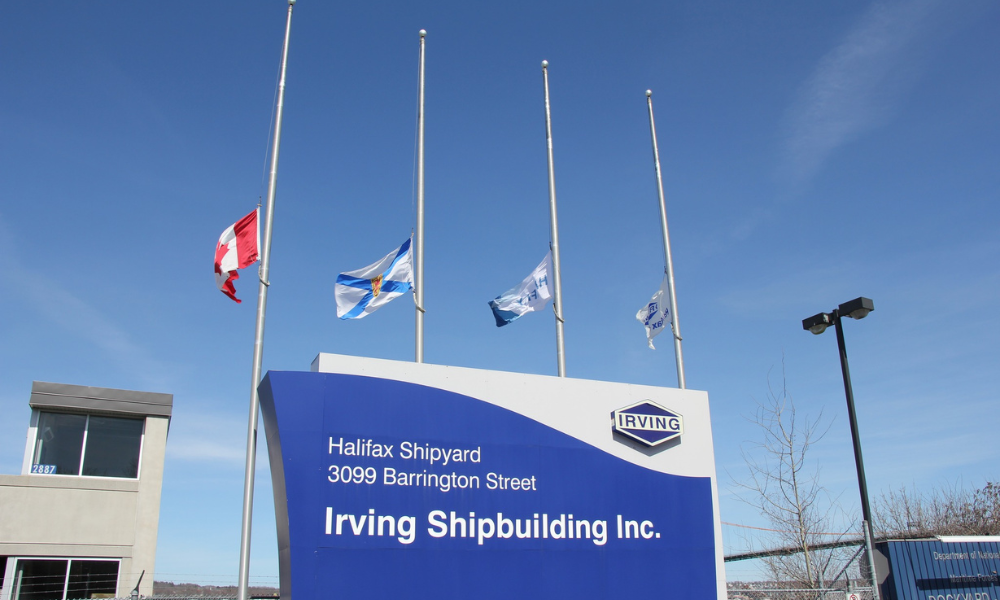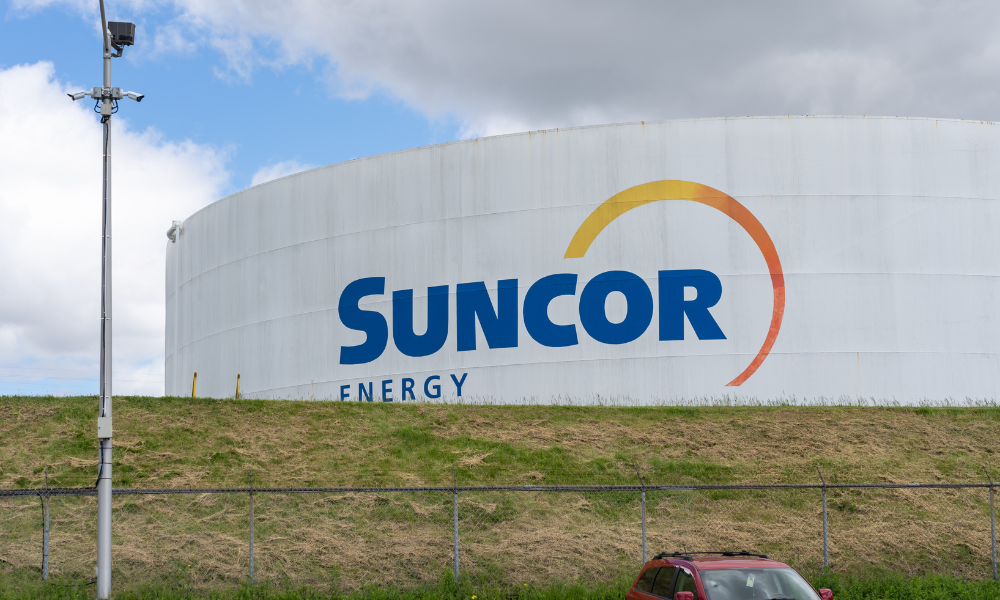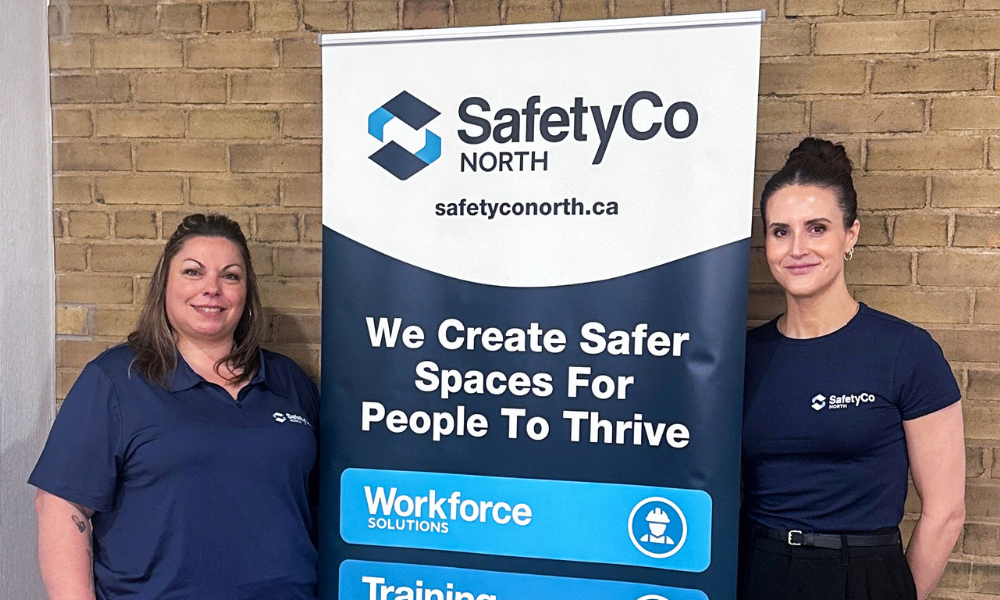Health and safety professionals in the oil and gas industry need to make sure they are focusing on process safety, not just personal safety, according to Cameron MacGillivray, president and CEO of Enform, the safety association for the upstream oil and gas industry.
“When operations become more complex, there’s more people involved, more high pressure vessels, more equipment… it’s not just good enough to focus on individual safety. You need to have administrative controls, so when a job has to get done, there’s a procedure for that,” said MacGillivray, speaking at Enform’s Petroleum Safety Conference in Banff, Alta., on May 7.
Engineering controls also need to be considered, such as a valve that shuts the operation down or a guard that prevents someone from walking into a piece of equipment, he said.
Over the next few years, Enform is going to be focusing on informing employers in the upstream oil and gas industry about process safety and how to apply it to their operations. This new focus is in light of the United States national commission on the BP oil spill, which found the company was not paying enough attention to process safety.
“As we have developed newer technologies — deeper wells, higher pressure wells, multi-frac wells that are moving more materials — over the past 20 years we’ve gradually increased complexity and the potential for disastrous outcomes, hence the need to implement process safety,” said MacGillivray.
Process safety doesn't just look at the controls, it also considers what happens after something goes wrong. It’s not good enough to only conduct an audit; processes need to be put in place to change the way things are being done, he said.
“That’s really important. It’s not just having the controls, it’s what you do with that information when you audit the controls,” said MacGillivray.
And this is where an organization’s leadership team needs to get involve, he said.
“That’s one of the ways leadership can do their job by learning what the right questions are to ask and by having direct communication from the workers directly to the leaders through a hierarchy of information.”
“When operations become more complex, there’s more people involved, more high pressure vessels, more equipment… it’s not just good enough to focus on individual safety. You need to have administrative controls, so when a job has to get done, there’s a procedure for that,” said MacGillivray, speaking at Enform’s Petroleum Safety Conference in Banff, Alta., on May 7.
Engineering controls also need to be considered, such as a valve that shuts the operation down or a guard that prevents someone from walking into a piece of equipment, he said.
Over the next few years, Enform is going to be focusing on informing employers in the upstream oil and gas industry about process safety and how to apply it to their operations. This new focus is in light of the United States national commission on the BP oil spill, which found the company was not paying enough attention to process safety.
“As we have developed newer technologies — deeper wells, higher pressure wells, multi-frac wells that are moving more materials — over the past 20 years we’ve gradually increased complexity and the potential for disastrous outcomes, hence the need to implement process safety,” said MacGillivray.
Process safety doesn't just look at the controls, it also considers what happens after something goes wrong. It’s not good enough to only conduct an audit; processes need to be put in place to change the way things are being done, he said.
“That’s really important. It’s not just having the controls, it’s what you do with that information when you audit the controls,” said MacGillivray.
And this is where an organization’s leadership team needs to get involve, he said.
“That’s one of the ways leadership can do their job by learning what the right questions are to ask and by having direct communication from the workers directly to the leaders through a hierarchy of information.”





